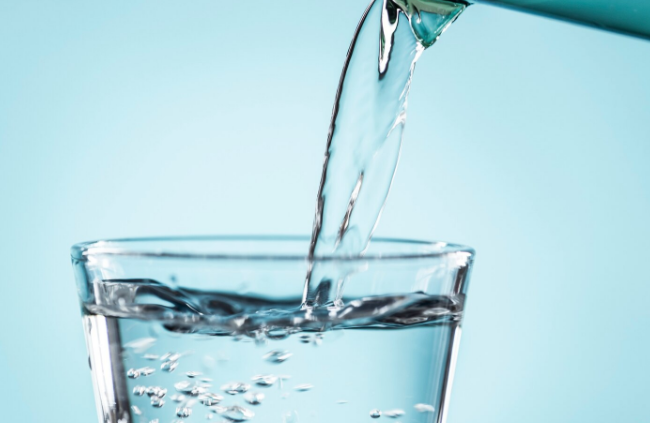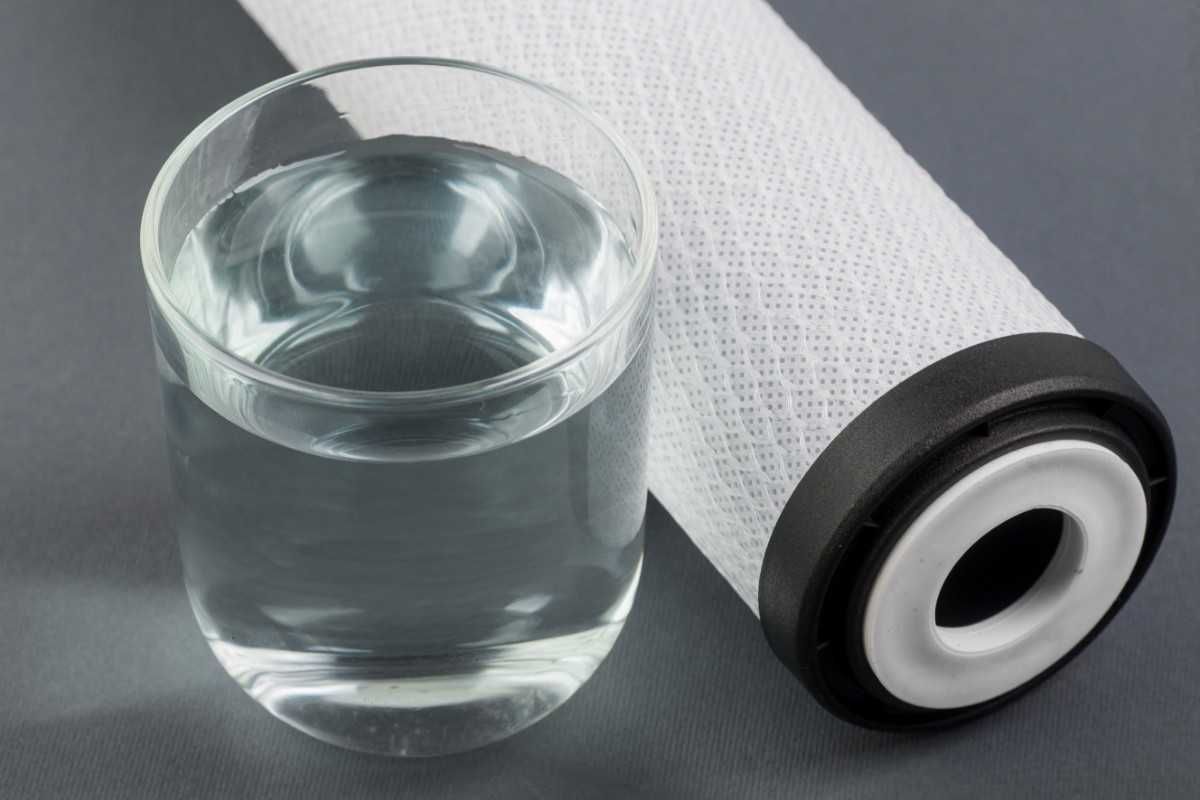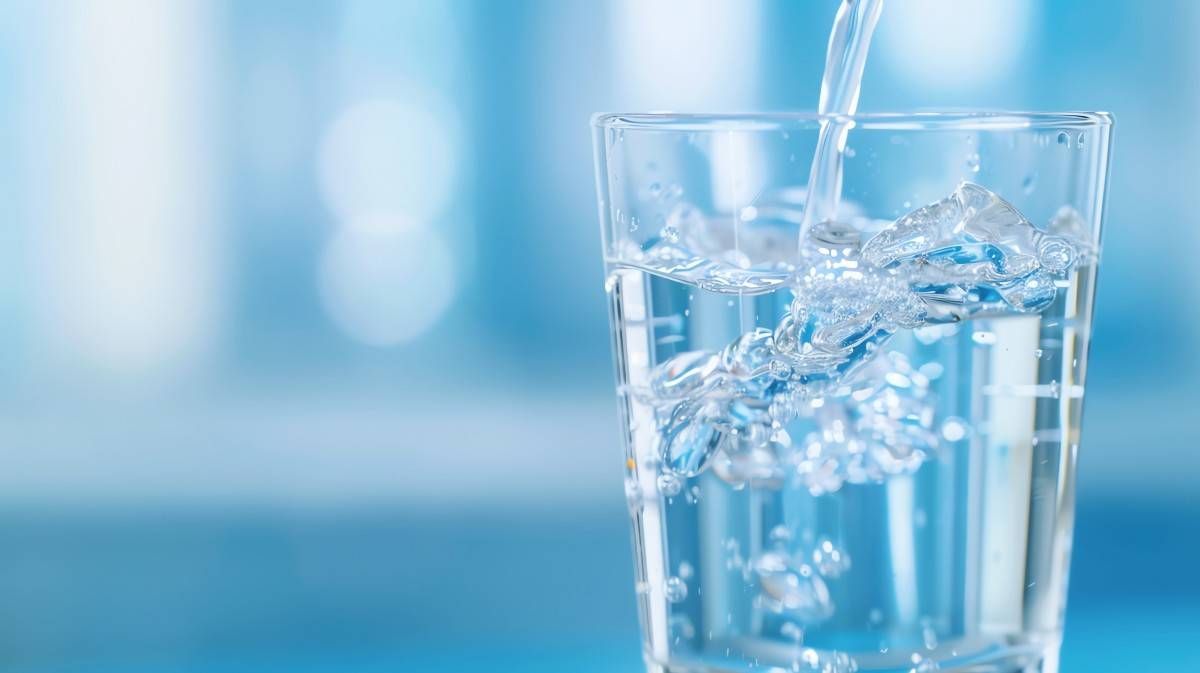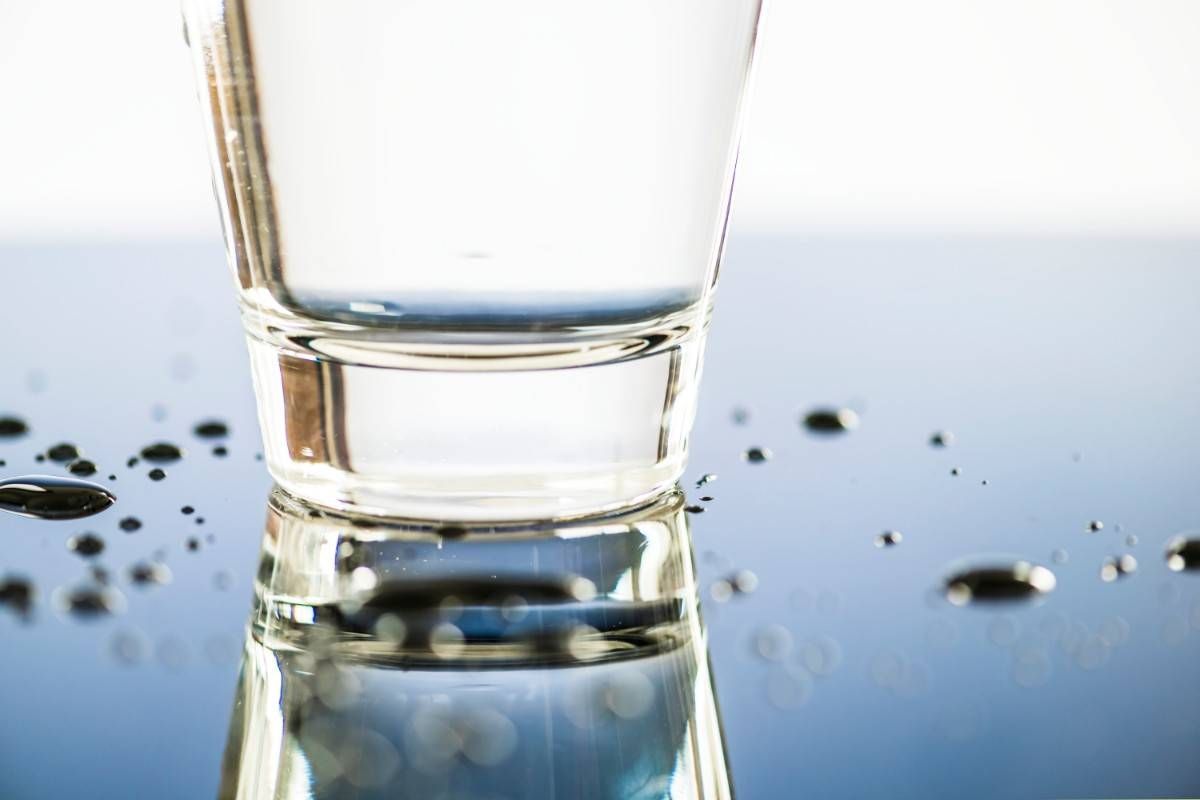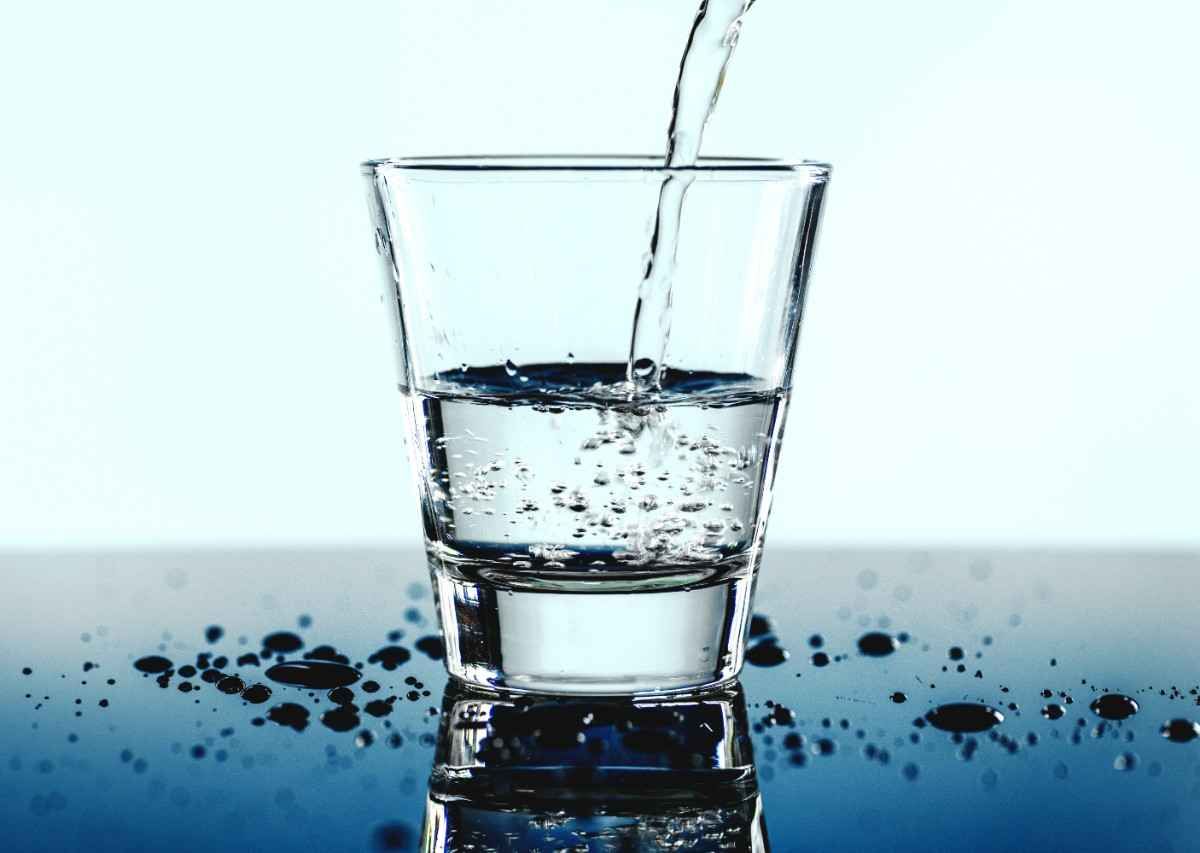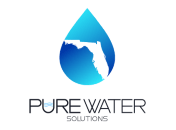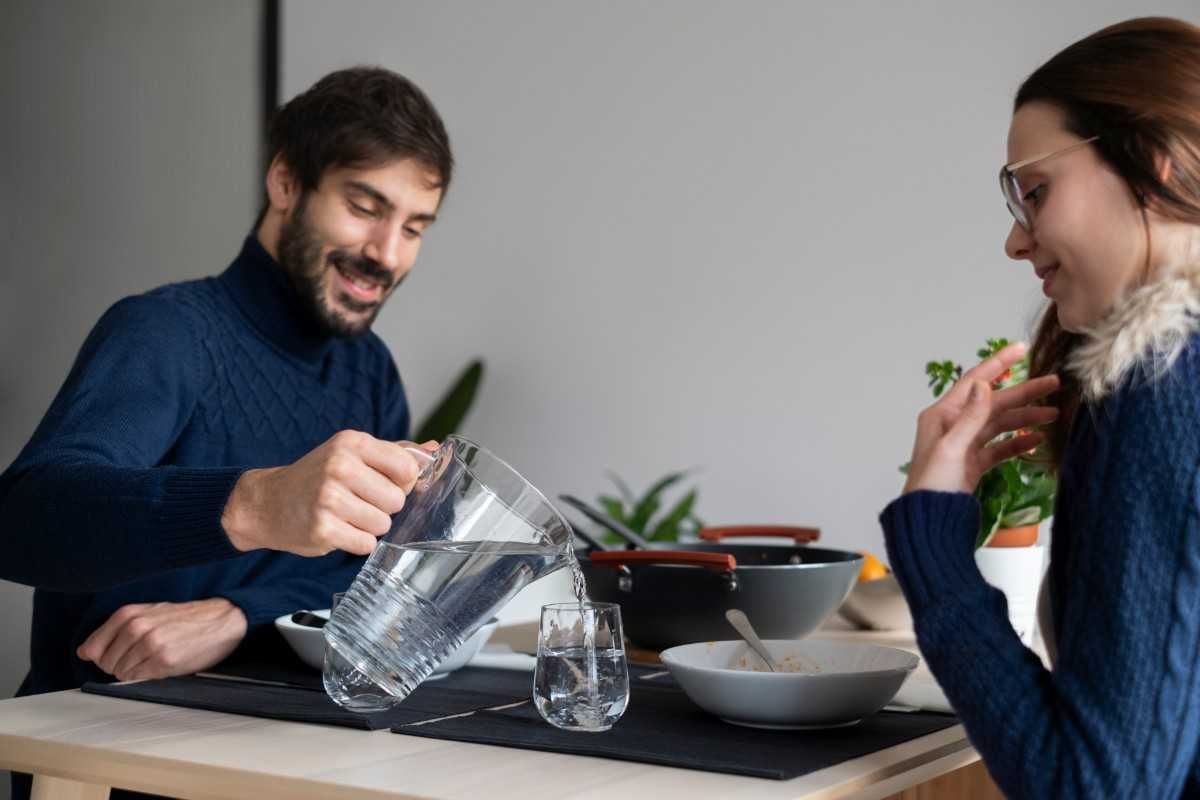5 Signs You Need Immediate Water Testing for Your Home
Clean drinking water keeps families healthy. But many homes across America have water problems that people don't notice right away. Knowing when to get water testing for your home can protect your family's health. Here are five warning signs that mean you should test your water right now.
Sign 1: Strange Taste or Smell
Water should taste and smell like nothing. When it doesn't, something's wrong. A metallic taste often means lead, copper, or iron in your water.
A chlorine smell is often due to chlorination, but an overpowering chlorine odor may indicate excessive levels, which can pose health risks. This happens more often than people think.
Does your water smell like rotten eggs? That's hydrogen sulfide gas. While not always dangerous, it makes water unpleasant to drink. Sometimes it signals bigger problems with your well or pipes.
Sign 2: Discolored or Cloudy Water
Clear water is safe water. When you turn on your tap and see brown, yellow, or cloudy water, that's a problem.
Brown or reddish water usually means rust from old pipes. While rust itself isn't deadly, it shows your pipes are breaking down. Blue or green water is worse. This color comes from copper leaching from your plumbing.
Even clear but cloudy water needs attention. Cloudiness can mean bacteria, minerals, or sediment. Professional home water quality testing will tell you exactly what's in there.
Sign 3: Stains on Sinks and Appliances
Look at your sinks, bathtubs, and toilets. Do you see stubborn stains that won't wash away?
Green stains indicate acidic water leaching copper or lead out of plumbing fixtures, while red stains result from rust. Both mean you need water contamination testing soon.
Your dishes and laundry show signs, too. White, chalky buildup on glasses means hard water with lots of minerals. While hard water won't poison you, it damages appliances and wastes money on repairs.
Sign 4: Health Problems in Your Family
Pay attention when family members get sick repeatedly. Stomach problems, skin rashes, or headaches might come from bad water.
Kids and elderly people get sick faster from contaminated water. Their bodies can't fight off bacteria and chemicals as well. If multiple family members feel ill after drinking tap water, test your water immediately.
Skin irritation after showers might mean chlorine or other chemicals. Persistent rashes need medical attention and residential water testing to find the cause.
Sign 5: Changes in Your Neighborhood
Sometimes the problem isn't in your home. Changes nearby can affect your water supply. Did a factory open near your home? Is there construction on your street? These activities can contaminate groundwater.
Government advisories about water quality should prompt immediate action. If officials issue boil-water notices, take them seriously. Get professional water testing services to know when your water is safe again.
Why Water Testing Matters Now?
Many dangerous contaminants have no taste, smell, or color. Arsenic, nitrates, and certain bacteria hide in water that looks perfectly clean. Only laboratory testing can find them.
Well water owners face extra risks. The EPA's rules that protect public drinking water systems do not apply to privately owned wells. If you have a well, you're responsible for testing it yourself.
Frequently Asked Questions
Q: How often should homeowners test their water?
Most experts recommend testing well water at least once per year. Test for total coliform bacteria, nitrates, total dissolved solids, and pH levels annually. Public water customers should test whenever they notice changes in taste, smell, or color.
Q: What contaminants are most dangerous in drinking water?
Lead ranks as one of the most harmful because no safe level exists. It damages children's brains and nervous systems permanently. Between 2018 and 2020, at least 186 million people drank from water systems that detected lead levels exceeding 1 part per billion.
Q: Can water filters remove all contaminants?
Not all filters work the same way. Simple pitcher filters remove chlorine and improve taste, but miss many dangerous contaminants. They don't remove lead, arsenic, or most bacteria effectively.
